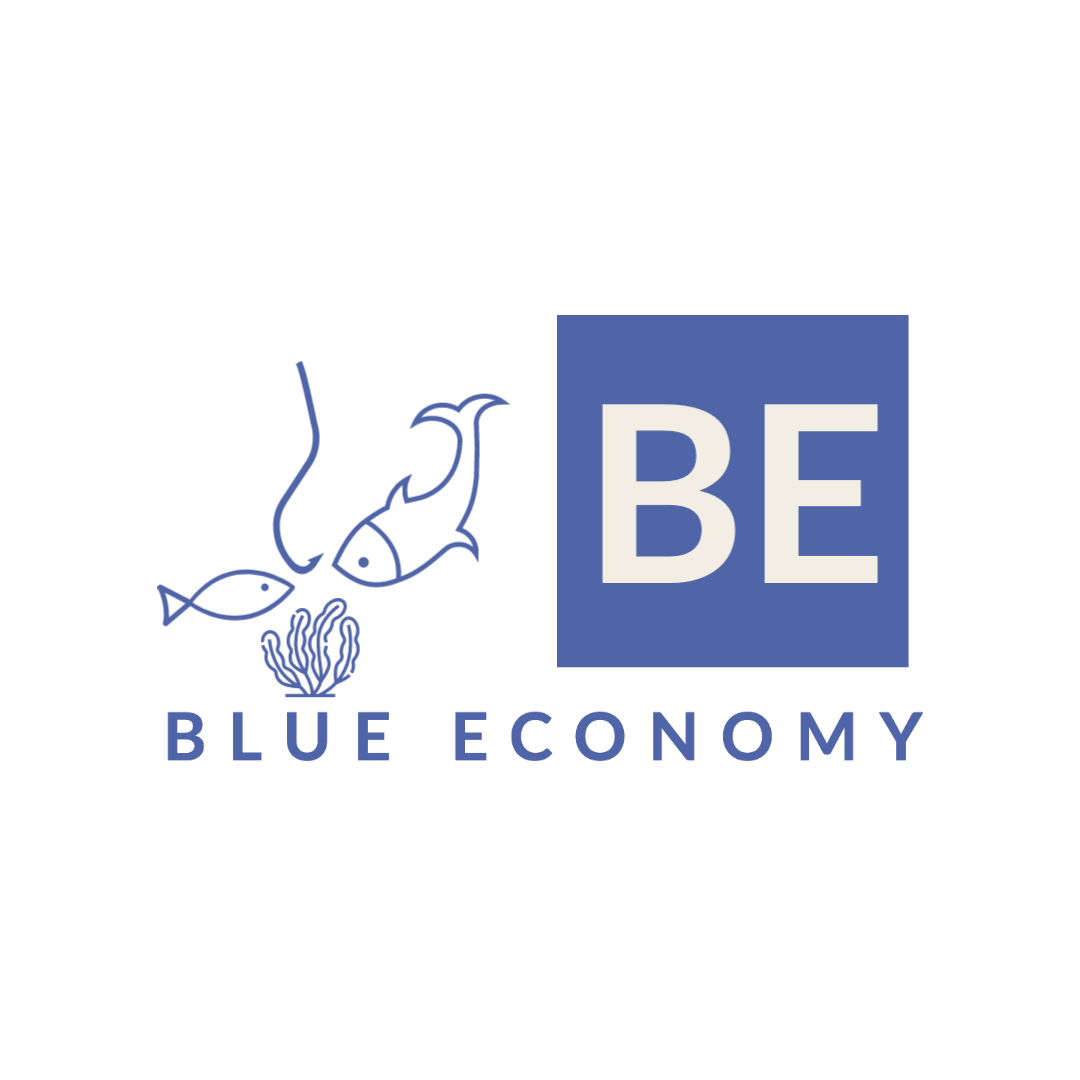By Eva Komba
Women empowerment is an important developmental agenda that has been adopted worldwide. This has therefore placed the subject as a major element of developmental policy that is reflected in major international, regional and sub-regional as well as national frameworks.
Most governments have equally established policies and programs that advance gender mainstreaming in development and key strategies. However, the recent COVID-19 pandemic created new challenges and opened up new fissures challenging the realization of women economic rights enshrined across various international human rights treaties. An emerging body of literature shows, the COVID-19 pandemic exacerbated pre-existing inequalities to the extent of threatening to halt or reverse the gains of decades of collective development efforts. The impact of COVID-19 crisis around the world permanently reshaped women’s empowerment. The crisis amplified familiar risks and created new ones.
In Kenya, measures aimed at stemming the spread of COVID-19 pandemic adversely affected the poor increasing their vulnerabilities. Government advisories such as countrywide curfews, including prohibition on travel, ban on forms of gatherings— social and religious as well as social distancing measures disproportionately impacted more on the poor and vulnerable segments of the society. The pandemic has been especially cruel to women and girls, and threatened to roll back some of the progress made over the past twenty-five years towards gender equality. As a result, there has been increased reports of violence against women throughout the world ostensibly linked to the lockdowns; and women losing their livelihoods faster because they are employed in hard-hit economic sectors.
According to a household survey by the Government of Kenya on the first and second quarter of 2020 focusing on the socio Economic Impact of COVID-19, majority of the households were affected with one third of individuals in financial distress due to COVID-19. Less income at the household levels also diminished quality of life for households in terms of nutrition and food poverty.
Meanwhile, the Kenya Marine and Fisheries Research Institute (KMFRI), COVID-19 believe that restrictions denied farmers the ease of access to the established seed banks, to enable them to restock their farms in time, which were already in a sorry state. As a result, farmers lost all the seeds, rendering the farmers jobless, a situation which threatened to reverse the gains made in empowering coastal women as they form the bulk of farmers.
The situation was exacerbated by the fact that farmers could not access some of the materials they use in repairing the farms such as polypropylene ropes which they ordinarily bought from Mombasa County, which was still under lockdown.
The little seaweeds the farmers had already harvested and stored in their farms could not cushion their economy because the buyer could only buy the produce collected in bulks, a threshold which the farmers failed to meet. Worse still, the farmers could not sell the value-added products they make from seaweeds such as soaps and seaweed shampoo because the local businesses were closing down due to the effects of Covid-19.
The Covid-19 restrictions on movement disrupted foreign market access for local farmers. For instance, the closure of international air spaces curtailed international flights. Consequently, in Kenya, exports significantly reduced. As a result, women who account for majority of seaweed farmers in seaweed sector severely affected. Given the lowered wages resulting from the pandemic disruption, women’s ability to make decisions at the household level was also severely creating severe power imbalances. In addition, the increased housework due to school closure reduced the time for women farmers to undertake other income related activities within the limited period allowed.
In particular, the seaweed sector already characterized by lower wages, limited social protection measures and savings; the COVID-19 pandemic seriously hurt farmers. Without stable incomes and in the absence of formal safety nets women who comprise 90% of seaweed farmers were left exposed. The lowered incomes, rendered them unable to adequately provide for their households. In the absence of social protection measures, the women and men without savings were predisposed to poverty. Besides, the loss of the export market also demotivated some farmers which in the long run lowered yields of the seaweed harvested.
There is hope ahead as the global economy is recovering with possibilities for new opportunities for managing systemic challenges, and ways to build back better. Globally, governments responded to the economic effects of COVID-19 with fiscal and monetary stimuli. The data, released by “Covid-19 Global Gender Response Tracker”’ showed that only 12 per cent of the world introduced government measures with gender lens in three areas; those that tackled Violence Against Women and Girls (VAWG), support unpaid care work and those that strengthen women economic security.
Locally despite the negative impact of COVID-19 on Seaweed farming, cooperatives were singled out as having offered farmers relief and mitigated severe losses by purchasing seaweed from farmers at a fairer price. The only challenge is pegged on their capacity. Additionally, introduction and adoption of technology such as climate-smart integrated multi-trophic aquaculture (IMTA) will allow farmers to bounce back faster by increasing production which in turn will cover for the existing market deficits, increase sales and prices as well as motivate especially women to revert fully to seaweed farming.
